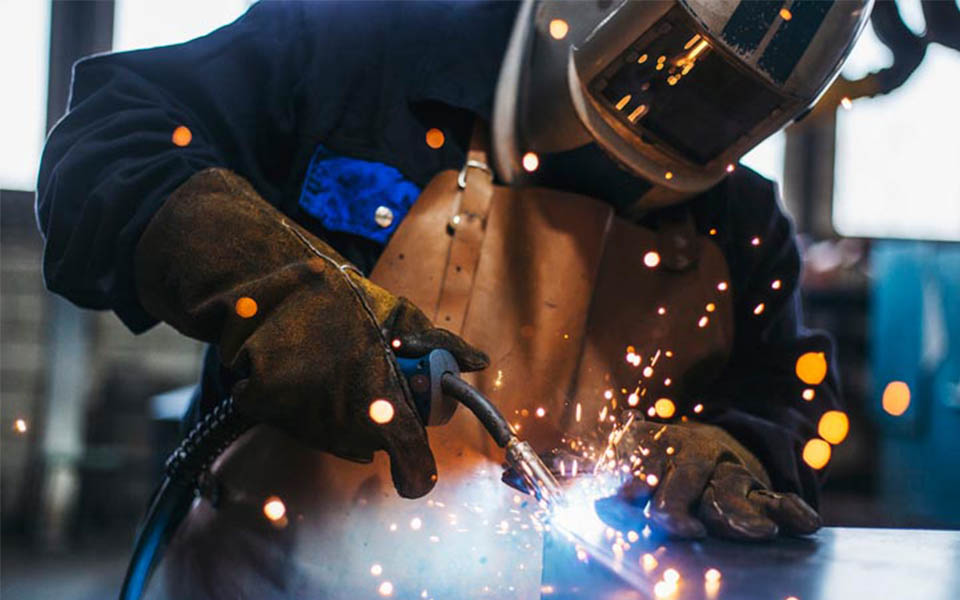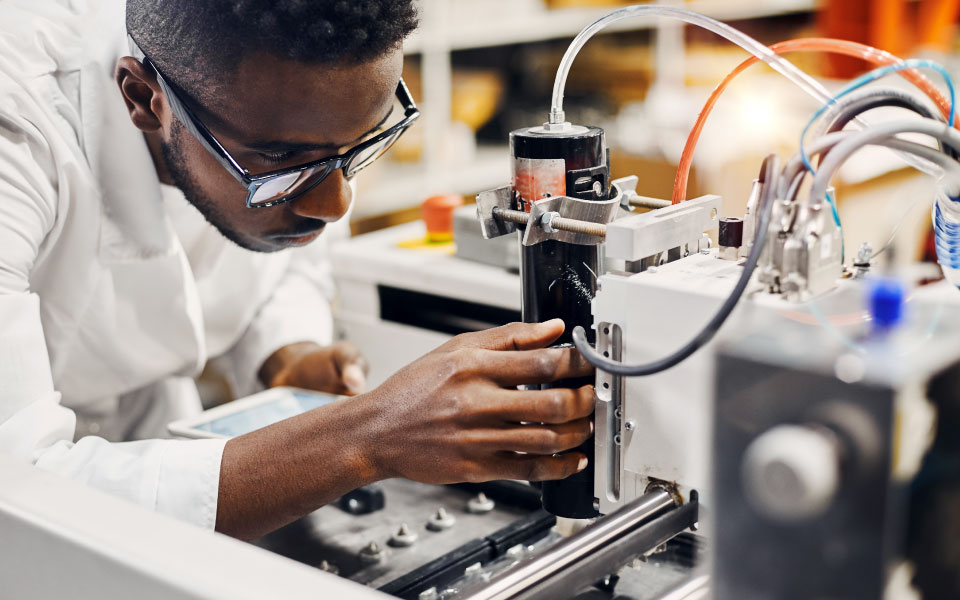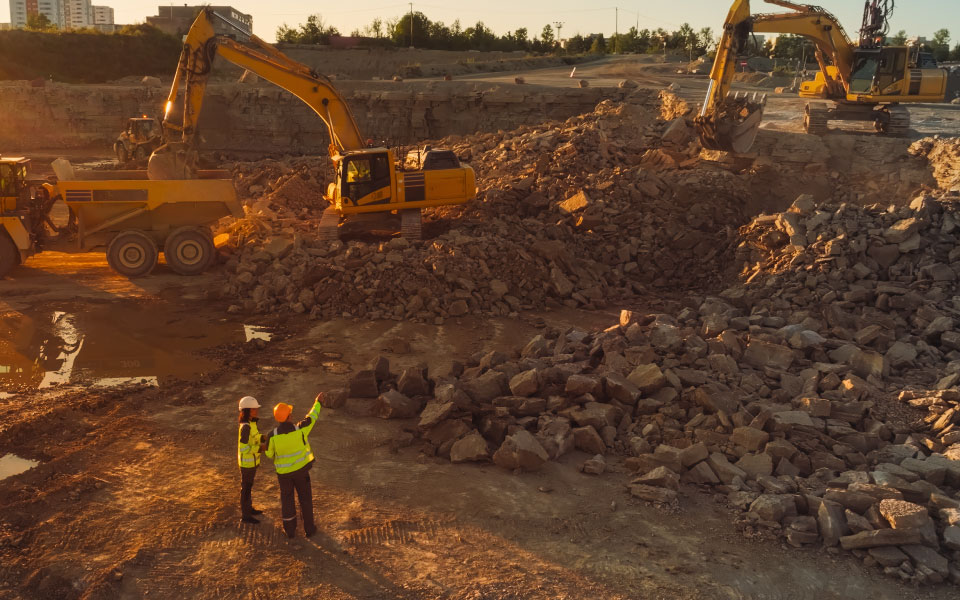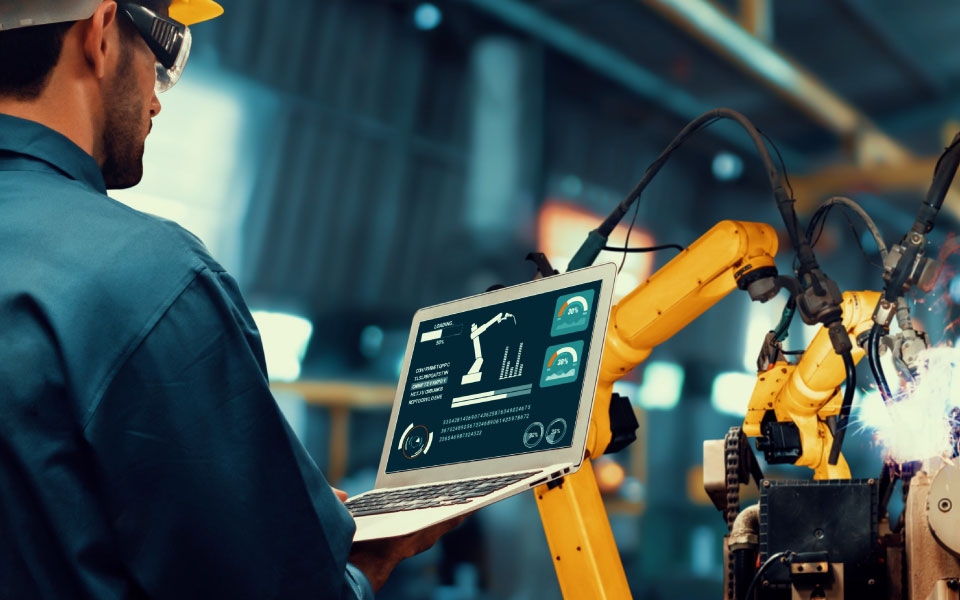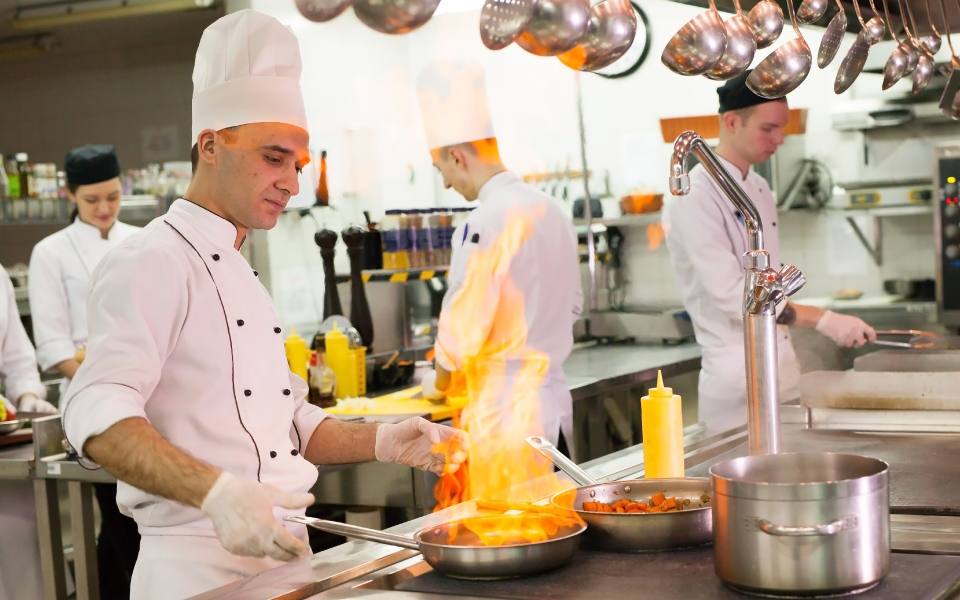Welding and cutting tasks are dangerous, especially when working on a construction site. As your surroundings are constantly changing, it is important to keep safety top of mind.
Safety Tips to Avoid Injuries While on The Job for Welders
1. Check for Fire Hazards
Always check for fire hazards before you start welding. Wood, paper and other flammable materials should be removed from the area. Flammable liquids should be removed, as well. Never weld or cut in areas with a lot of trees or dry grass.
2. Clean Away Debris
Clean away any debris on the floor or ground before welding over it. Then cover the ground or floor with metal or some other material that will not burn. It may also be a good idea to wet the floor or ground, though this can cause an added shock hazard. Guard against these hazards as necessary.
3. Seal Cracks
Seal cracks so that sparks or slag cannot fall through them, and never allow these hot materials to fall into machine pits.
4. Follow Combustible Material Safety
If you must weld near combustible materials, a fire extinguisher, pail of water, fire hose or pail of sand should be at hand. It may be necessary to have another worker stand by with a fire extinguisher to put out sparks, as well.
5. Follow Flammable Material Safety
If you are welding or cutting a tank or drum containing flammable liquids or gas, do not start your operation until an approved test shows that there is no dangerous vapor present. Do not rely on another employee’s word that the tank or drum was tested previously; insist on a new test before you start.
6. Ensure Proper Ventilation
If you’re working in a confined space at the worksite, make sure your work area is properly ventilated. Many welding and cutting operations produce fumes that are harmful in heavy concentrations; good ventilation is one of the best methods of protecting yourself against this hazard. Use special ventilating equipment, if necessary.
7. Wear Protective Gear
Wear face and eye protection, such as goggles and a helmet, to protect against hazards. Workers dealing with metal, chipping and cleaning should always have their helmets lowered to prevent throw particles of metal from going into the eyes. Eye protection, such as goggles, are worn to protect against sparks, slag and molten metal, and flash burns caused by radiation from the welding equipment.
We’re Here to Help
Make safety a top priority as you weld and cut. Taking these precautions will lower your risk of occupational injuries, which will make your job much more enjoyable. If you have any questions about construction safety, connect with a member of our team.
© Copyright CBIZ, Inc. All rights reserved. Use of the material contained herein without the express written consent of the firms is prohibited by law. This publication is distributed with the understanding that CBIZ is not rendering legal, accounting or other professional advice. The reader is advised to contact a tax professional prior to taking any action based upon this information. CBIZ assumes no liability whatsoever in connection with the use of this information and assumes no obligation to inform the reader of any changes in tax laws or other factors that could affect the information contained herein. Material contained in this publication is informational and promotional in nature and not intended to be specific financial, tax or consulting advice. Readers are advised to seek professional consultation regarding circumstances affecting their organization.
“CBIZ” is the brand name under which CBIZ CPAs P.C. and CBIZ, Inc. and its subsidiaries, including CBIZ Advisors, LLC, provide professional services. CBIZ CPAs P.C. and CBIZ, Inc. (and its subsidiaries) practice as an alternative practice structure in accordance with the AICPA Code of Professional Conduct and applicable law, regulations, and professional standards. CBIZ CPAs P.C. is a licensed independent CPA firm that provides attest services to its clients. CBIZ, Inc. and its subsidiary entities provide tax, advisory, and consulting services to their clients. CBIZ, Inc. and its subsidiary entities are not licensed CPA firms and, therefore, cannot provide attest services.
